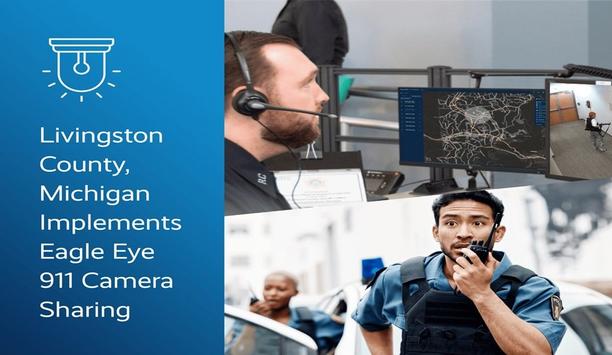It has been reported that the [London's] Metropolitan Police in the wake of the failed terrorist car bomb attacks in London's West End - which saw suspect vehicles positioned in Haymarket and near Trafalgar Square - are to be allowed access real time images from 1,500 congestion charge cameras. To allow this to happen, Transport for London (TfL) [the transit authority of London] and the Metropolitan Police are being given exemption to parts of the [UK's privacy legislation, the] Data Protection Act for terrorist incidents, this compares with the previous position where the police would have to apply for permission to access to such data on a case-by-case basis.
No one could argue, in this increasingly uncertain world, about the importance of the police being able to deal with terrorism effectively. In the case of the vehicles involved in the London incidents, for instance, officers have been able to obtain valuable information for their investigation from CCTV cameras adjacent to the areas where the vehicles were parked-up and also to utilize the network of congestion charging cameras, which are the subject of the latest Government announcement. In this case, the associated ANPR (Automatic Number Plate Recognition) systems have proved to be especially beneficial, enabling the police to piece together the movement of specific vehicles in the lead-up to the events of 29th June.
Having highlighted the benefits of such information, I also believe that a careful line has to drawn between the needs of the state - in particular law enforcement agencies - and individual freedom. It is essential in light of the [UK] Home Secretary's signing of an exemption to elements of the Data Protection Act that, outside of carefully defined events specifically terrorist attacks, the checks and balances we have with regards to CCTV are adequately maintained e.g. the Data Protection Act. This should ensure that it is not used inappropriately and legislators have to make it a priority to closely monitor the potential impact of new technology on the privacy of individuals. There is continued widespread support amongst the public for the use of CCTV and other security and crime prevention measures but it is imperative that the Government justifies the public's faith by ensuring that such checks and balances remain in place.
















